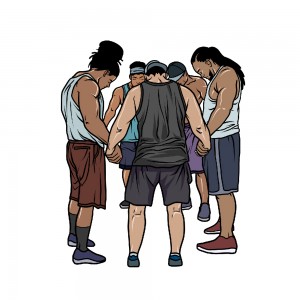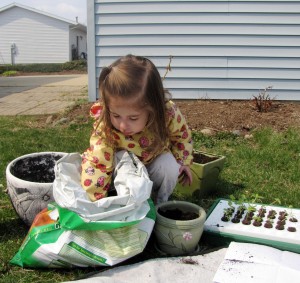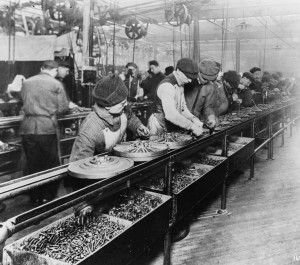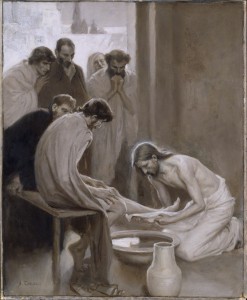I’ve been reading a book of Wendell Berry’s essays, and I came across one that hasn’t let go of me.
In his essay, “Think Little”, Berry compares the major movements that have occupied our nation in recent decades — civil rights, the peace movement, the environment — and makes the claim that they all stem from the same root.
War and oppression and pollution are not separate issues, but are different aspects of the same issue.
Greed.
Exploitation.
The mentality that exploits and destroys the natural environment is the same that abuses racial and economic minorities, … that makes war against peasants and women and children with the indifference of technology …
He goes on to say that we would be fools to believe we could solve only one of those problems without tackling all of the others.
Part of the problem we have historically run into when trying to solve these issues is that we tend to turn them into a Cause.
When we turn a problem into a Cause, we simplify a complex matter and attempt to power our response by impatience, guilt, and short-term enthusiasm.
When we turn a problem into a Cause, we turn it into something that is “served by organizations that will self-righteously criticize and condemn other organizations, inflated for awhile by a lot of public talk in the media, only to be replaced in its turn by another fashionable crisis.”
Public responsibility is absolutely part of the solution — we should continue to bother the government and not allow them to be comfortable with easy solutions — but we must go beyond protest and political action.
Rather than attempting to increase government, reaching for change through a program or a law, we could do a completely crazy thing.
We could first begin solving the problem ourselves.
If you are worried about the damming of wilderness rivers, join the Sierra club, write to the government, but (also) turn off the lights you’re not using, don’t install an air-conditioner, don’t be a sucker for electrical gadgets, don’t waste water.
It is easier to protest, easier to contact our representatives, than to give up our own comforts for the Cause.
Of course we need better government, but more than that we need better minds, better friendships, better marriages, better communities. We need people and families who don’t have to wait for an organization to lead the way, but can make necessary changes on their own.
When we turn the brokenness of this world into a Cause, we are pushed and pulled from one new focus of outrage to another.
When we root our understanding of what we see in our culture in the reality given by our Creator, however, even “amid the outcries for the liberation of this group or that, we will know that no person is free except in the freedom of other persons, and that our only real freedom is to know and faithfully occupy our place — a much humbler place than we have been taught to think — in the order of creation.”
Art Credits: Black Men Praying by Aymara Mejia; Mortar Men photo by Ustinov














